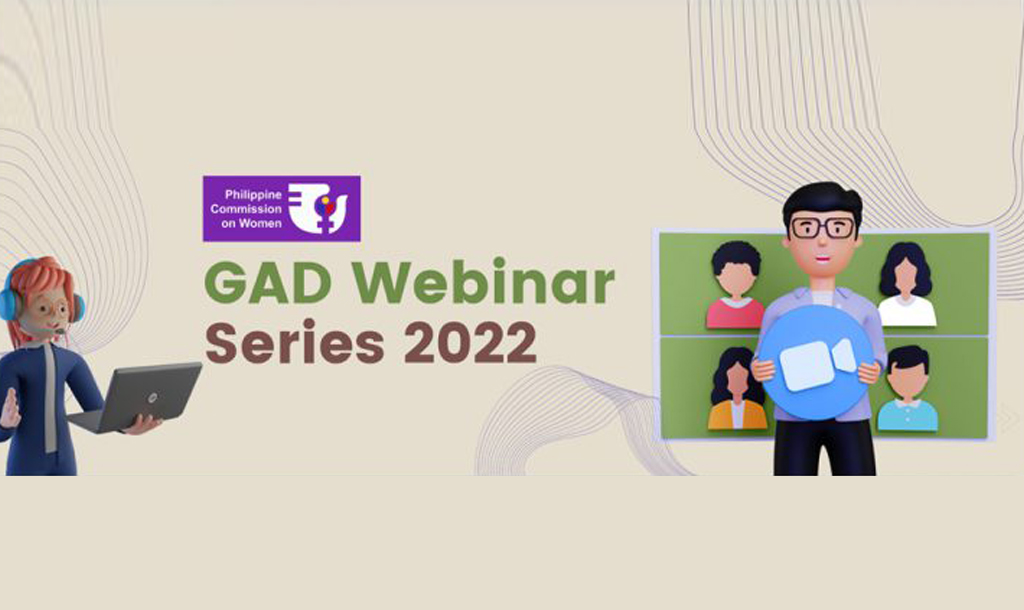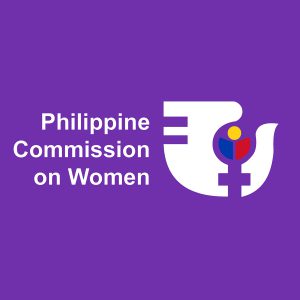2022 GAD Webinar 8: Strengthening the GAD Focal System (GFPS) through the Use of Gender Fair Communication and Application of GFPS Functionality Assessment Tool (GFAST)
Our Website Privacy Policy
Your privacy is important to us!
We are committed to protect and secure personal information and uphold the rights of our data subjects (i.e. employees, partners, and other stakeholders) in accordance with the Data Privacy Act of 2012 (Republic Act No. 10173), and its Implementing Rules and Regulation.
We observe utmost compliance to the strictest standards of security and confidentiality with respect to all personal information and data submitted by our data subjects.
Strictly Necessary Cookies
Strictly Necessary Cookie should be enabled at all times so that we can save your preferences for cookie settings.
If you disable this cookie, we will not be able to save your preferences. This means that every time you visit this website you will need to enable or disable cookies again.


